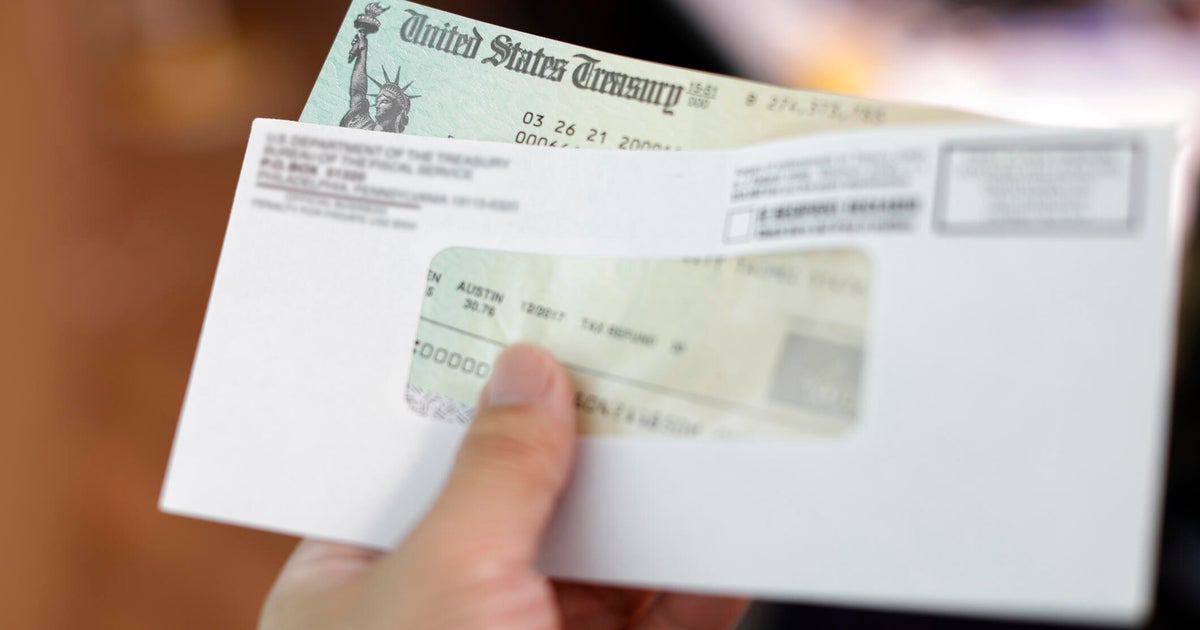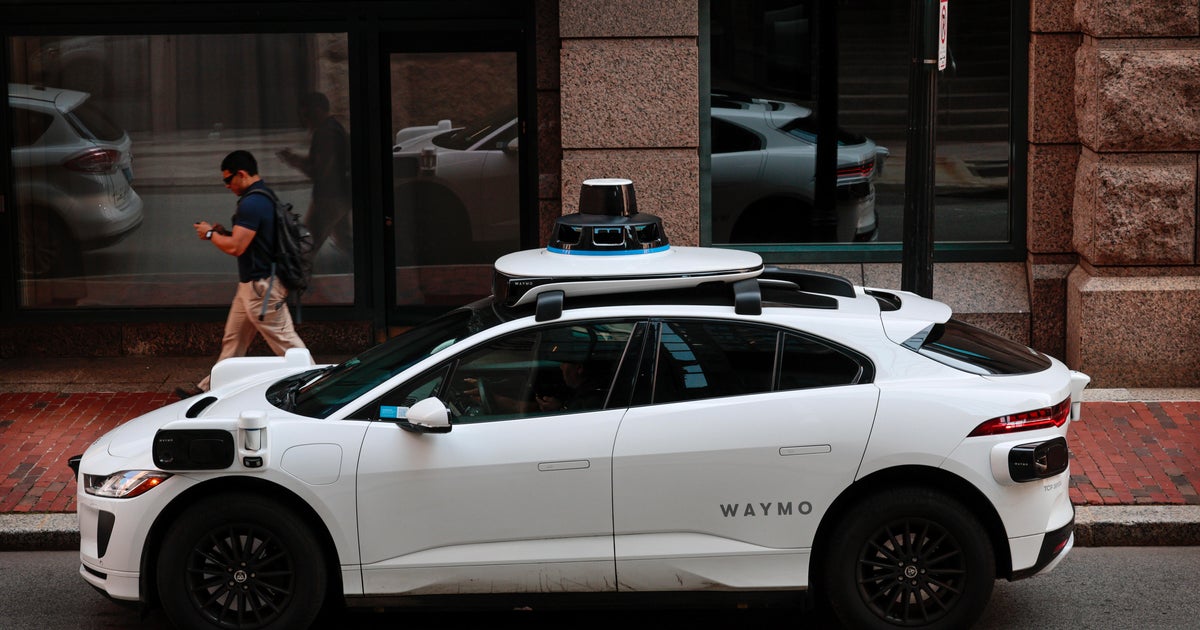California's gig worker law will mostly affect non-gig workers
- A California bill set to become law would turn many "gig economy" workers into full employees, although experts say its biggest impact could be on jobs outside companies like Uber and Lyft.
- Trucking firms, news publishers, cleaning companies and software companies could all find it harder to legally define workers as independent contractors.
- But the law would exempt contractor-heavy sectors including beauty salons, law firms, doctors' offices and real estate offices.
California lawmakers are one step closer to passing a sweeping law that would re-classify a slew of "gig economy" workers like rideshare drivers and food-delivery workers as employees. But if passed, the law's biggest impact could be on industries with a lot less buzz than Silicon Valley startups.
Trucking companies, newspaper publishers and cleaning operations could be among those widely impacted by Assembly Bill 5, sometimes referred to as the "Uber law"— although Uber maintains the bill doesn't apply to its drivers. While about 400,000 Californians work for gig platforms like Uber and Doordash, an army of 1.5 million freelance workers in the state could also be covered by the new law.
As the bill awaits signing by California Governor Gavin Newsom, Uber, Lyft and Doordash have pledged $90 million toward a statewide ballot initiative that would permanently exempt their industries from the law. At the same time, a whole swath of companies in industries such as construction and health services that have come to rely on independent contractors are also likely to feel the bill's bite, experts say.
"There aren't that many Uber and Lyft workers — it's just that those companies are the ones making a big push about it," said Cathy Ruckelshaus, general counsel at the National Employment Law Project.
Many traditional businesses across the U.S. have shifted to independent contractors as a way to reduce labor costs. But labor experts say they often misclassify workers as a way to avoid offering costly benefits like health care, paid vacation and sick time, and retirement plans.
"A lot of these don't pass the laugh test," Ruckelshaus said. "A janitor who gets hired by a contractor to go clean an Applebee's or a movie theater, they're not 'running their own business.' They're not really setting their own hours or setting their own pay rate."
What is a freelancer?
This question of control over a worker is central to defining a freelancer. But defining what constitutes a freelancer is no easy task in an economy that's blurring the definition of what it means to be employed, with workers increasingly taking on non-traditional jobs through apps and seasonal work.
As defined in Assembly Bill 5 — and as most people might understand it — an independent contractor is a person who runs an independent business; who is hired by a company to do something outside of that company's usual course of business; and who has full say over how, where and when they complete that job.
The bill, also called AB5, exempts dozens of occupations, including doctors, lawyers, architects, accountants, private investigators, commercial fishermen, manicurists and estheticians. But that still leaves many industries that have come to rely on contract labor.
One of these is trucking, which has already paid out millions in settlements to drivers claiming they were improperly classified as freelancers. With the passage of AB5, trucking firms in California that rely on more than 70,000 freelance drivers are concerned they won't be able to afford the extra costs and will lose business, according to Reuters.
Same work, lower costs
Unlike employees, contractors can't apply for unemployment insurance when they lose a gig. They also aren't required to be paid minimum wage or overtime and aren't allowed to form a union, as employees are. And because companies don't pay payroll taxes or benefits for contractors, employers that rely on contractors can shave as much as 20% of their costs, as noted by a 2016 UCLA paper.
"There are certainly strong incentives for a lot of employers to try to do that to save money," said Brad Hershbein, senior economist at the Upjohn Institute for Employment Research. "It allows the employer in some cases to lower their labor costs — they can get the same amount of work without paying the benefits."
It's hard to estimate how many freelancers might, under other circumstances, be called employees. Hershbein's own research finds that between 1.5% and 3% of the U.S. workforce, or 2.4 million to 5 million people, have done work for an online platform in any given week.
But over the course of a year, that figure is much larger. In 2017, the Census reported that some 25 million businesses without employees earned more than $1,000.
Freelance writers and drivers
Also known as sole proprietors, independent contractors are spread throughout the American economy. The sector adding them the fastest is transportation and warehousing, with more than 2.7 million independent businesses moving people or shipping goods in 2017, according to Census data.
There were also 2.8 million contractors in personal services (barbers, beauticians, nail technicians and hairdressers); 2.1 million in administrative and support services (a category that includes call centers, hiring agencies and debt-collection agencies); 1.7 million specialty trade contractors; and 1.3 million athletes and performing artists.
"The fact is, a lot of companies use freelancers, independent contractors, to provide ancillary services," said Kathy Kristof, editor of SideHusl, an independent review website of ways to make money freelancing (and a former contributing writer for CBS MoneyWatch). "Newspaper companies use independent contractors to deliver the paper. All sorts of media companies hire freelancers to write stories that their staff is not doing, and particularly as media companies scale back on staff, they rely more and more on freelancers."
Newspaper publishers have roundly condemned the new law and the "considerable cost" it could add to what they say are already razor-thin margins. But being classified as an employee could hurt some freelancers, particularly in the realm of intellectual property, Kristof said.
"If you're an employee, even a part-time employee, everything you produce on the employers' dime belongs to the employer. But if you're producing something for the employer that is related to something that you produce for yourself, that puts your rights to your intellectual property at risk," she said.
Who's in charge?
Ownership of property —intellectual and otherwise — will be a key factor in the myriad lawsuits that are almost certain to be filed once Governor Newsom signs the bill, as he has indicated he would.
Here Uber and Lyft offer an instructive case. The companies don't own their drivers' cars, nor any of the supplies and insurance services drivers need to do their work (although at least one of them is claiming ownership over its driver list.) That, for some drivers, is a burden.
"You see a growing trend of Uber and Lyft pushing as many expenses as possible on the driver," said Edan Alva, a driver for Lyft and Zum, a ridesharing company that focuses on families with schoolkids, who lives in the Bay Area. "Anything from gas to accident insurance, anything having to do with the expenses of the work, is driver-paid. It's a massive abuse of labor," he said.
Drivers didn't complain much about paying for gas and insurance in the past, when ride-hail companies had high rates and plenty of incentives to entice them to use their platforms, Alva noted. But since then, patience with the companies has worn thin. For Alva, who is active with the group Gig Workers Rising, AB5 is just a first step.
"We're going to keep fighting for as long as we have to until we get the rights Uber and Lyft are obligated to give us, and until we can unionize," he said.
Judging by the level of funding that gig companies have devoted to getting around the bill, and statements that Governor Newsom is open to "refinements," there's a great deal of fighting yet to come.
Said Hershbein: "I don't think the state of California is going to allow all the tech platforms to go belly-up. When the legislators realize and their staffers realize that they're not going to get an Uber ride that is less than $50, there will be some compromises."



